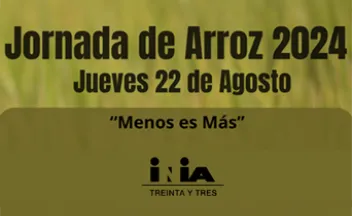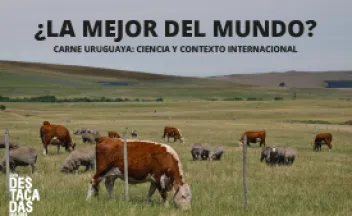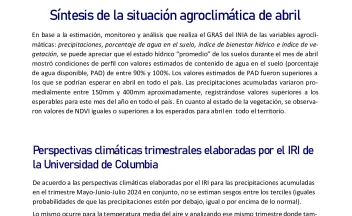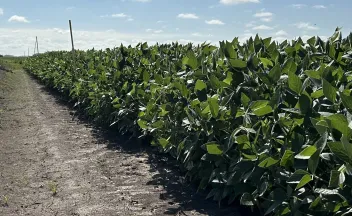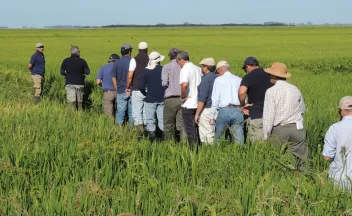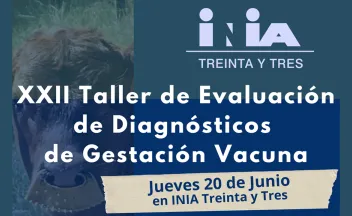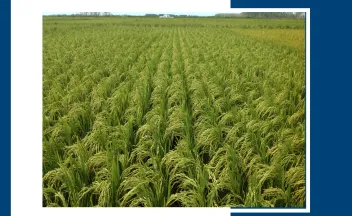Taller de resultados de zafra de arroz:celebrando 20 años de información de calidad. "Mejor información - mejores decisiones - mejor investigación".

El 30 de mayo se llevó adelante el XX Taller de Resultados de Zafra de Arroz. -- Actividad Regional INIA Treinta y Tres.

